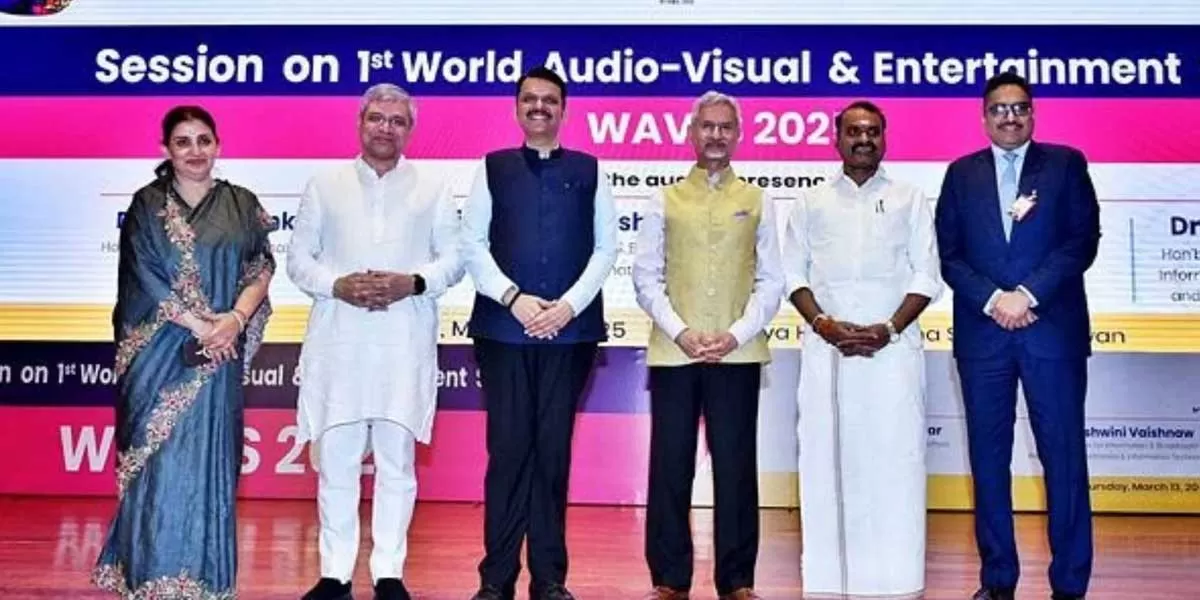The market is booming for tiles and bathroom fittings.
With an array of designs, sizes, price points and finishes, customers have a variety to choose from, says
Subrata Basu, Vice President-Design, Nitco. These are showcased in larger showroom spaces across the country.
“The tiles industry in India will be around Rs 350-400 billion and is likely to grow around 8-10 per cent over the next two to three years,” says
Kamlesh Patel, Chairman and Managing Director, Asian Granito India (AGIL).
“The tiles market is growing on low single digits,” says
Alok Agarwal, CMO, Orient Bell. For the company, the North is doing well, followed by the East. “It is a buoyant market with demand continuing to rise.”
“The sanitaryware industry is estimated at around Rs 45 billion and is growing at around 10-12 per cent annually,” adds Patel. According to him, the Morbi cluster in Gujarat accounts for about 65-70 per cent of India’s tiles and sanitaryware products in volume, with over 800 factories (60 per cent organised, 40 per cent unorganised).
Tracking trends, Dinesh Vyas, Marketing Head, H&R Johnson, says, “Recently, the product mix has moved towards higher-value products with better features and advantages. In spite of temporary ups and downs, the market remains lucrative in the long term and we are working to increase our market share in premium products.” The company recently launched the Johnson International collection of sanitaryware and bath fittings in the affordable-luxury segment.
High on demand
Government schemes such as Pradhan Mantri Aawas Yojna (PMAY) and Swachh Bharat are expected to play a pivotal role for the building materials segment, with cement, tiles and sanitaryware, paints and construction material companies all standing to benefit. Further, stricter implementation of GST will enhance growth prospects, especially for organised players. Also, the upward revision in customs duty from 10 per cent to 15 per cent on ceramic roofing and wall tiles would help domestic tile manufacturers and reduce import dependency.
“As the Government and local bodies are spending more on infrastructure and housing projects, demand from small towns and Tier-II and Tier-III cities is increasing across sectors,” says Patel. While showrooms are part of the strategy to increase retail sales through direct customer interaction, the company aims to increase the retail share to 50 per cent by increasing the span of retail outlets.
Traditionally, CERA has been doing better in the South, West and North, says Atul Sanghvi, Executive Director & CEO, CERA Sanitaryware. He adds, “With the Government’s affordable housing initiative, all areas are sure to become equal in performance.”
Vyas adds, “We have pan-India operations and making efforts in all regions. However, the East and South have performed well recently. With upcoming new product portfolios, we are confident of doing well in other regions and moving from the metro to the rural market.”
While Orientbell has significant traction across regions of India, Agarwal shares, “The North tends to be more buoyant with a higher recognition of branded products.”
The impact of initiatives
The Make in India drive, Housing for All, Swachh Bharat and the smart cities mission covering 100 cities in five years are expected to generate volume-driven growth, resulting in economies of scale.
“Almost 63 per cent of India’s rural population is living in homes with mud flooring,” says Patel. “Per-capita consumption is at 0.59 sq m versus the global average of 1.40 sq m. The tiles market, thus, holds immense potential.” He adds that with sustained public and private measures in recent years, coupled with improving standards of living, the quality of sanitation has increased manifold.” Consequently, there is a huge market for products utilised in the construction of public sanitation facilities as well as domestic bathrooms and toilets. The need to make affordable sanitaryware products available is now paramount.
A leading integrated building materials company, Prism Johnson, including its sister concern Ardex-Endura (a JV), provides construction-related products such as cement, RMC, tiles, sanitaryware, engineered stone and construction chemicals.
SHRIYAL SETHUMADHAVAN

















